|
| ID |
Image |
Oil Pantings, Sorted from A to Z |
Other Information |
| 44621 |
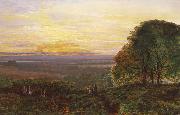 |
Sunset from Chilworth Common |
mk174
Hampshire
1868
Oil on canvas
39.5x60cm
|
| 88711 |
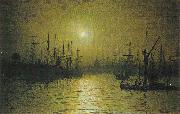 |
Thames |
1880(1880)
Medium Oil on board
cyf |
| 44614 |
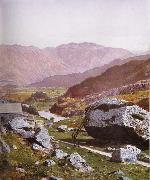 |
The Bowder Stone Borrowdale |
mk174
c.1865
Oil on canvas
40.5x54cm
|
| 91909 |
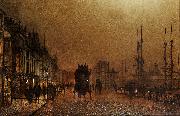 |
The Broomielaw |
oil on canvas, 30.5 x 46 cm.c. 1889(1889)
cjr |
| 44626 |
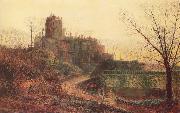 |
The Deserted House |
mk174
1871
Oil on board
29.2x45.7cm
|
| 44670 |
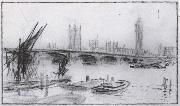 |
The Houses of Parliament |
mk174
c.1880
Charcoal
9x15.1cm
|
| 44700 |
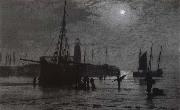 |
THe Lighthouse at Scarborough |
mk174
1877
Oil on board
22.9x35.6cm
|
| 44648 |
 |
The Old Gates Yew Court Scalby near Scarborough |
mk174
1874
Oil on paper on panel
17.8x43.2cm
|
| 44622 |
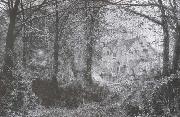 |
The Old Mill Cheshire |
mk174
1869
Oil on board
62.3x87.5cm
|
| 44658 |
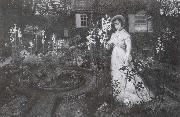 |
The Rector-s Garden Queen of the Lilies |
mk174
1877
Oil on canvas
80x122cm
|
| 44692 |
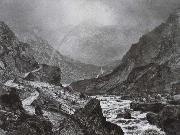 |
THe Seal of the Covenant |
mk174
1868
Oil on canvas
71.1x91.5cm
|
| 44668 |
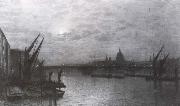 |
The Thames by Moonlight with Southmark Bridge |
mk174
1884
Oil on canvas
75x127cm
|
| 44689 |
 |
The Turn of the Tide |
mk174
1892
Oil on board
24.7x49.5cm
|
| 44691 |
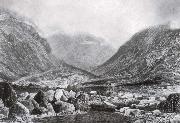 |
The Vale of Newlands,Cumberland |
mk174
1868
Watercolour heightened with white
35.2x51.1cm
|
| 44615 |
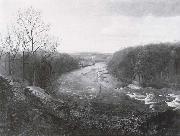 |
The Wharfe above Bolton Woods,with Barden Tower in the Distance |
mk174
1868
Oil on canvas
71.1x91.5cm
|
| 44627 |
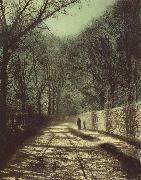 |
Tree Shadows on the Park Wall,Roundhay Park Leeds |
mk174
1872
Oil on card
55.2x44.2cm
|
| 44618 |
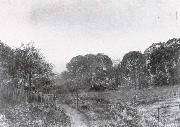 |
Twilight |
mk174
1869
Oil on board
39.4x53.4cm
|
| 44641 |
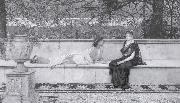 |
Two Thousand Years Ago |
mk174
1878
Oil on Canvas laid on panel
21.5x35.6cm
|
| 44625 |
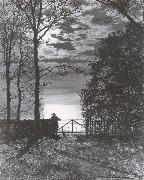 |
Under the Hollies,Roundhay Park,Leeds |
mk174
1872
Oil on board
54.6x43.8cm
|
| 44678 |
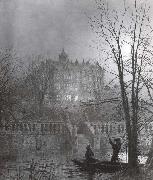 |
Under the Moonbeams |
mk174
1882
Oil on canvas
75x62.2cm
|
| 1863 |
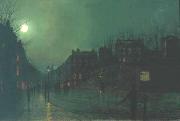 |
View of Heath Street by Night |
1882
144.88 x 211.42 in |
| 44667 |
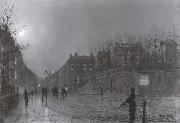 |
View of Heath Street by Night |
mk174
1882
Oil on board
36.8x53.7cm
|
| 44631 |
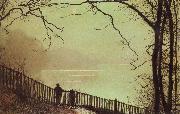 |
Waterloo Lake Roundhay Park Leeds |
mk174
1872
Oil on board
21.6x33.6cm
|
| 44701 |
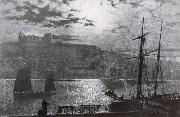 |
WHitby from Scotch Head |
mk174
1878
Oil on canvas
20.3x43.2cm
|
| 44704 |
 |
Whitby Harbour |
mk174
1878
Oil on board
20.3x43.2cm
|
| 44613 |
 |
Windermere |
mk174
1863
Oil on canvas
48.5x100.6cm
|
|
|
|
Prev 1 2
|
|
| Atkinson Grimshaw
|
| British
1836-1893
Atkinson Grimshaw Gallery
Grimshaw's primary influence was the Pre-Raphaelites. True to the Pre-Raphaelite style, he put forth landscapes of accurate color and lighting, and vivid detail. He often painted landscapes that typified seasons or a type of weather; city and suburban street scenes and moonlit views of the docks in London, Leeds, Liverpool, and Glasgow also figured largely in his art. By applying his skill in lighting effects, and unusually careful attention to detail, he was often capable of intricately describing a scene, while strongly conveying its mood. His "paintings of dampened gas-lit streets and misty waterfronts conveyed an eerie warmth as well as alienation in the urban scene."
Dulce Domum (1855), on whose reverse Grimshaw wrote, "mostly painted under great difficulties," captures the music portrayed in the piano player, entices the eye to meander through the richly decorated room, and to consider the still and silent young lady who is meanwhile listening. Grimshaw painted more interior scenes, especially in the 1870s, when he worked until the influence of James Tissot and the Aesthetic Movement.
On Hampstead Hill is considered one of Grimshaw's finest, exemplifying his skill with a variety of light sources, in capturing the mood of the passing of twilight into the onset of night. In his later career this use of twilight, and urban scenes under yellow light were highly popular, especially with his middle-class patrons.
His later work included imagined scenes from the Greek and Roman empires, and he also painted literary subjects from Longfellow and Tennyson ?? pictures including Elaine and The Lady of Shalott. (Grimshaw named all of his children after characters in Tennyson's poems.)
In the 1880s, Grimshaw maintained a London studio in Chelsea, not far from the comparable facility of James Abbott McNeill Whistler. After visiting Grimshaw, Whistler remarked that "I considered myself the inventor of Nocturnes until I saw Grimmy's moonlit pictures."[9] Unlike Whistler's Impressionistic night scenes, however, Grimshaw worked in a realistic vein: "sharply focused, almost photographic," his pictures innovated in applying the tradition of rural moonlight images to the Victorian city, recording "the rain and mist, the puddles and smoky fog of late Victorian industrial England with great poetry."
Some artists of Grimshaw's period, both famous and obscure, generated rich documentary records; Vincent Van Gogh and James Smetham are good examples. Others, like Edward Pritchett, left nothing. Grimshaw left behind him no letters, journals, or papers; scholars and critics have little material on which to base their understanding of his life and career.
Grimshaw died 13 October 1893, and is buried in Woodhouse cemetery, Leeds. His reputation rested, and his legacy is probably based on, his townscapes. The second half of the twentieth century saw a major revival of interest in Grimshaw's work, with several important exhibits of his canon.
. Related Artists to : | Charles de La Fosse | bernhard strigel | Antoine Le Nain | Leo Gausson | Jakob Alt | |

|
|